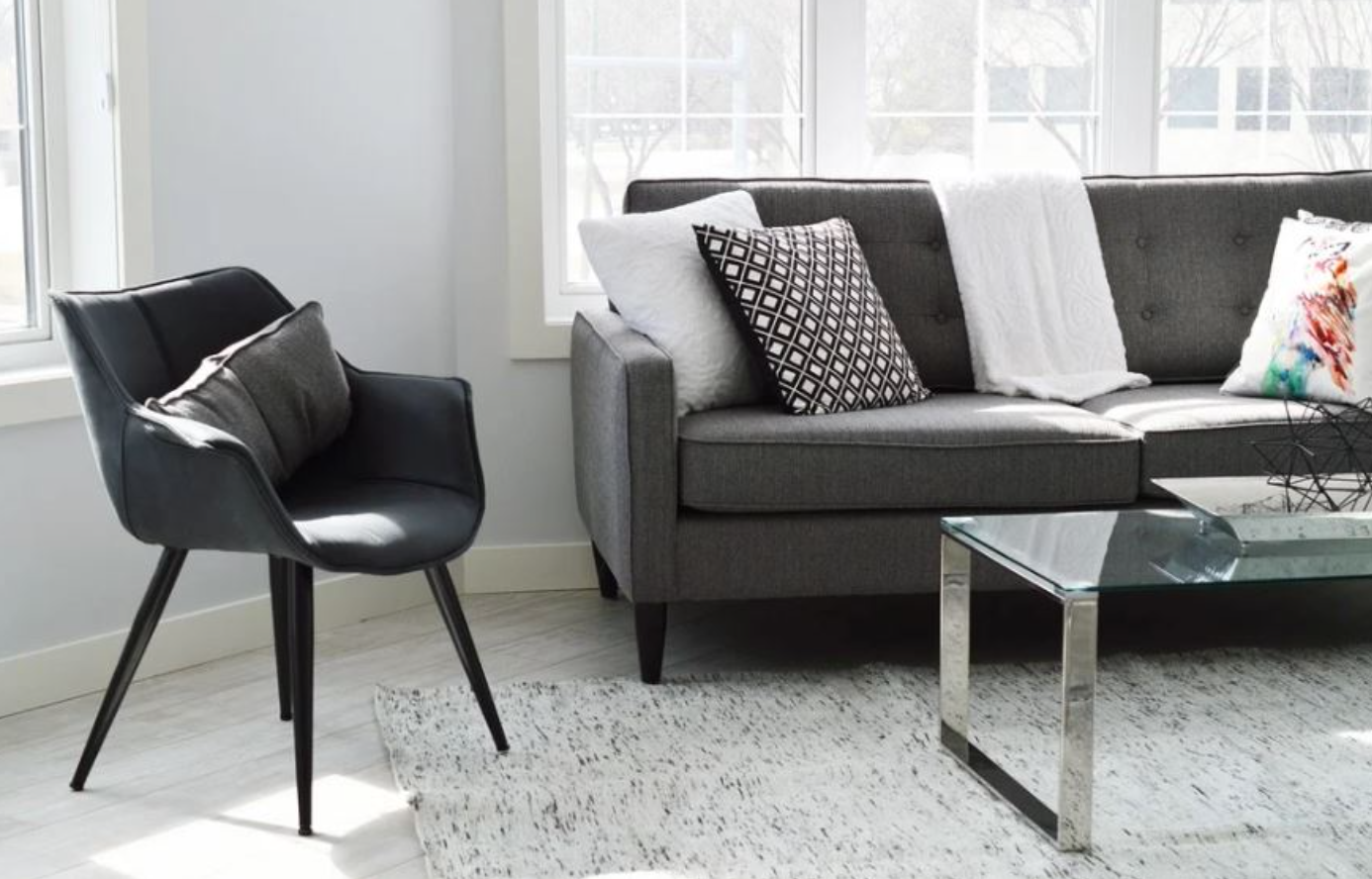Your landlord must provide a safe and well-maintained apartment that is habitable according to state law.
Once you and your landlord have entered into an agreement for a specific period of time, they are required to uphold your contractual agreement until that date has expired. Your landlord cannot enforce the rules of tenancy unless they are consistent with the contract you both signed. If they violate any of your rights, they can get into legal trouble. You can also refuse to pay your rent until the landlord remedies the problem. There are several ways you are protected from your landlord breaking rules.
Evictions
Illegal or retaliatory eviction is unlawful when your landlord doesn’t follow the formal eviction steps. Even when you are behind or rent or violated your lease agreement in some way, your landlord cannot evict you. Additionally, your landlord cannot turn off any of your utilities, such as electricity, water, or gas. This is even if you have not paid the rent. Your landlord also cannot change the locks or prevent you from entering your home. It is also illegal for them to remove your personal possessions from your apartment. They have to give formal notice of eviction and go through the court for you to be removed from the property. This is a 7-day notice that outlines what the issues are, giving you time to resolve them.
Raising the Rent
When you enter into a rental or lease agreement, you and your landlord created a contract on the amount of rent that you should pay. Unless this agreement changes when it is renewed, the rent cannot be raised. If your landlord attempts to raise the rent, this is unlawful. However, if you are not on a fixed-term lease, then your landlord can increase the rent at any time. When in a month-to-month rental agreement, your landlord has to provide a 15-day written notice of the increase in price. Otherwise, your landlord can’t enforce higher rent payments in any way or harass you.

Wrongful Entry
Your landlord cannot enter your home without a reasonable cause and no warning. The only reason your landlord may enter your apartment is when maintenance needs to be performed. For example, if there are plumbing issues, broken pipes, electrical problems, and other important broken amenities. They also have to warn you 24 hours ahead of time before the person enters your home.
Health Codes
Your landlord must provide a safe and well-maintained apartment that is habitable according to state law. The home must have usable utilities, water, and heat. There should be no dangerous conditions. The landlord has to provide repairs when the apartment is no longer safe. If the apartment falls below these requirements, then you can withhold pay. Your landlord has to resolve these issues, as they are violating the lease or rental agreement they provided by not meeting expectations. This does not include removing pests such as roaches or rats
Find Out More About Lease Agreements
If you are looking for a new apartment and are worried about entering a contract that seems unfair, you can click ezlandlordforms.com to see some of the most common lease agreements and compare them to your application. Once signed, your landlord is expected to fulfill the expectations of your lease.


Join the conversation!